Top 10 Healthcare ERP Systems For Healthcare Business

Global healthcare industry is an emerging section, which has its emergence influenced by the invasion of covid-19. With a growing world-wide population, the healthcare section has been preparing itself to be more efficient in supporting all the healthcare and medical needs. There are three primary factors which need to be taken care of by the healthcare companies. These factors are,
- Providing medical services
- Providing healthcare services
- Manufacturing medicines and medical equipment
Embracing technical advancement is one of the easiest and most beneficial choices that can be made by healthcare companies in order to meet all the demand. And embracing technical advancement comes hand in hand with implementing healthcare ERP systems.
In this article, we will discuss the top 10 healthcare ERP systems that you can choose for your healthcare business. At first, we will go through some of the basics about healthcare ERP systems and then draw the list containing 10 best healthcare ERP systems to try. So, keep reading the article to know more about this topic.
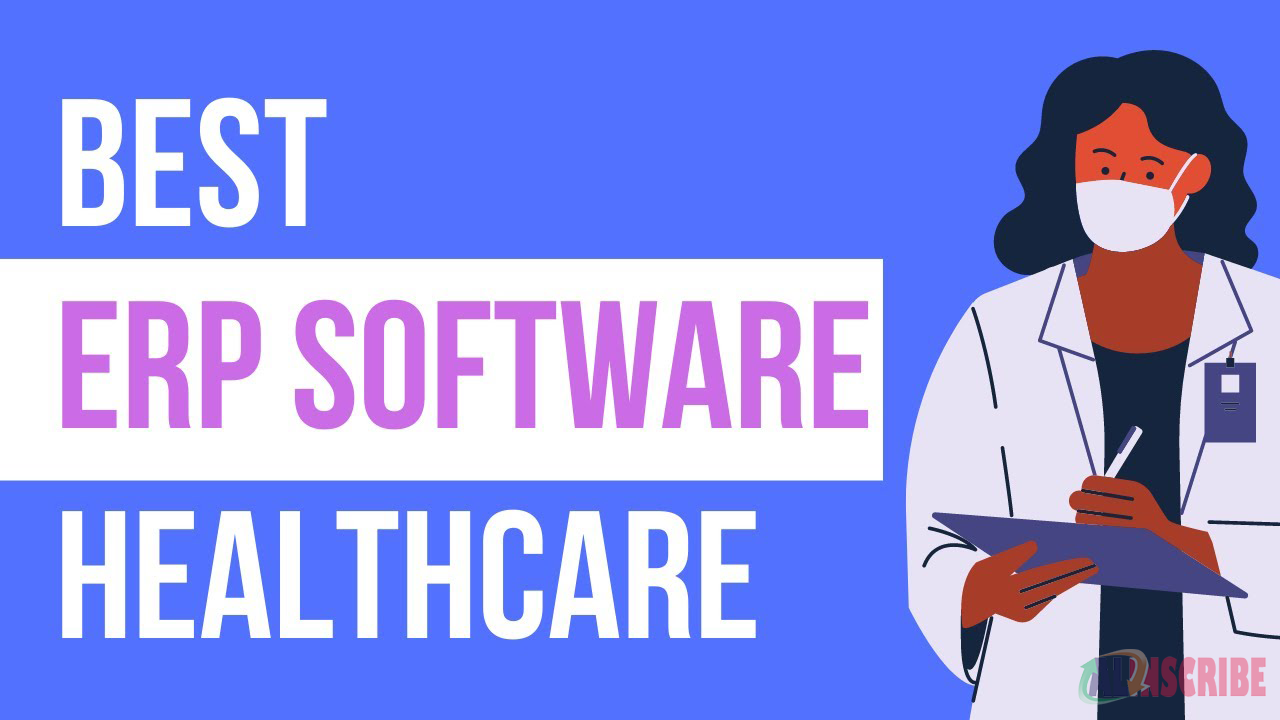
Definition of healthcare ERP systems
Healthcare ERP systems are a kind of ERP solutions that are used by hospitals, nursing homes, private healthcare organizations, clinics and other healthcare service providers. Healthcare ERP systems possess a number of functionalities and ERP modules that are required to manage a healthcare business. The primary functionalities of the healthcare ERP systems include accounting and financial management, human resource management, asset management, sales and billing, business analytics and reporting, clinical management, procurement, patient management and more.
Thus, choosing the right healthcare ERP systems depends on the availability of these mentioned functionalities when you try to choose the best ERP system for your company.
Crucial modules to be presented in healthcare ERP systems
In this section of the article, we have listed some of the crucial modules that requires to be presented in healthcare ERP systems. Each of the modules have a brief description for helping you in understanding better.
Accounting and financial management
You can ensure your company’s profitability by establishing a centralized financial system to integrate you core financials and accounting with the entirety of the system as well as other healthcare ERP modules.
Inventory management
With the help of an inventory management system, you can easily record valuation across multiple locations. It is also convenient to keep track of the necessary materials, which is certainly important in healthcare business where there can be emergency any time.
Asset management
Managing assets across your healthcare company is easy when you install healthcare ERP systems with inbuilt asset management module in it. And if you opt for advanced healthcare ERP systems, then you can have IoT leveraged within your organization.
Expense management
You can easily automate expense management with the help of an expense management module. Approving expenses for department is always completed within a few clicks when healthcare ERP systems are installed.
Purchasing management
Record every purchase that your company make while ensuring those are stored in the right manner with the purchasing management module of healthcare ERP systems.
Reporting and analytics
It is always easy to determine you strategies when you have proper metrics and measurement tools. You can use reporting and real-time analytics to optimize your healthcare organization’s performance.
Sales management
The sales management module of healthcare ERP systems allow you to track all of your sales plan and pipelines. Managing all the leads and prospects within one instance is certainly easier than having to manage those in different instances.
All of the above mentioned functionalities are the most common and important features that are required to be presented in healthcare ERP systems. However, some companies may have some unique needs, which may be absent in some of the ERP solutions. Hence, the healthcare companies are suggested to choose healthcare ERP systems based on their ability to be customized.
The healthcare ERP systems which can be easily customized as capable of suiting the unique needs of the healthcare companies seamlessly. This cuts down the expenses as well as efforts by a great amount.

10 best healthcare ERP systems for healthcare businesses
This section of the article contains the ranking of 10 best healthcare ERP systems to satisfy the requirements of healthcare businesses. Each of the ERP solution will be discussed with detailed information as well as the pros and cons. The list is presented in a descending order, so keep reading the article to discover which ERP has gained the top position in our list. The list is provided below.
10. Rootstock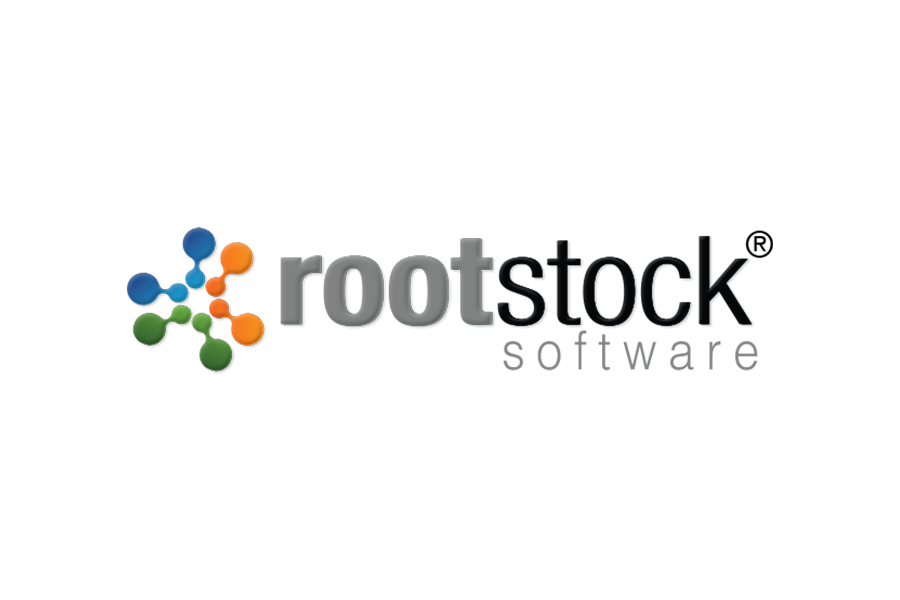
| Key strength | Business benefits |
|
|
Rootstock is one of the best healthcare ERP systems for small healthcare companies and medical equipment manufacturers. The streamlined solutions offered by this ERP system increases efficiency and productivity of the healthcare companies. Native integration feature of Rootstock makes it easy to integrate with third-party applications and run a smooth business procedure. Additionally, Rootstock has a Cloud-native Mobile feature, which allows the users to use the ERP from anywhere at any time.
| Pros | Cons |
|
|
9. SYSPRO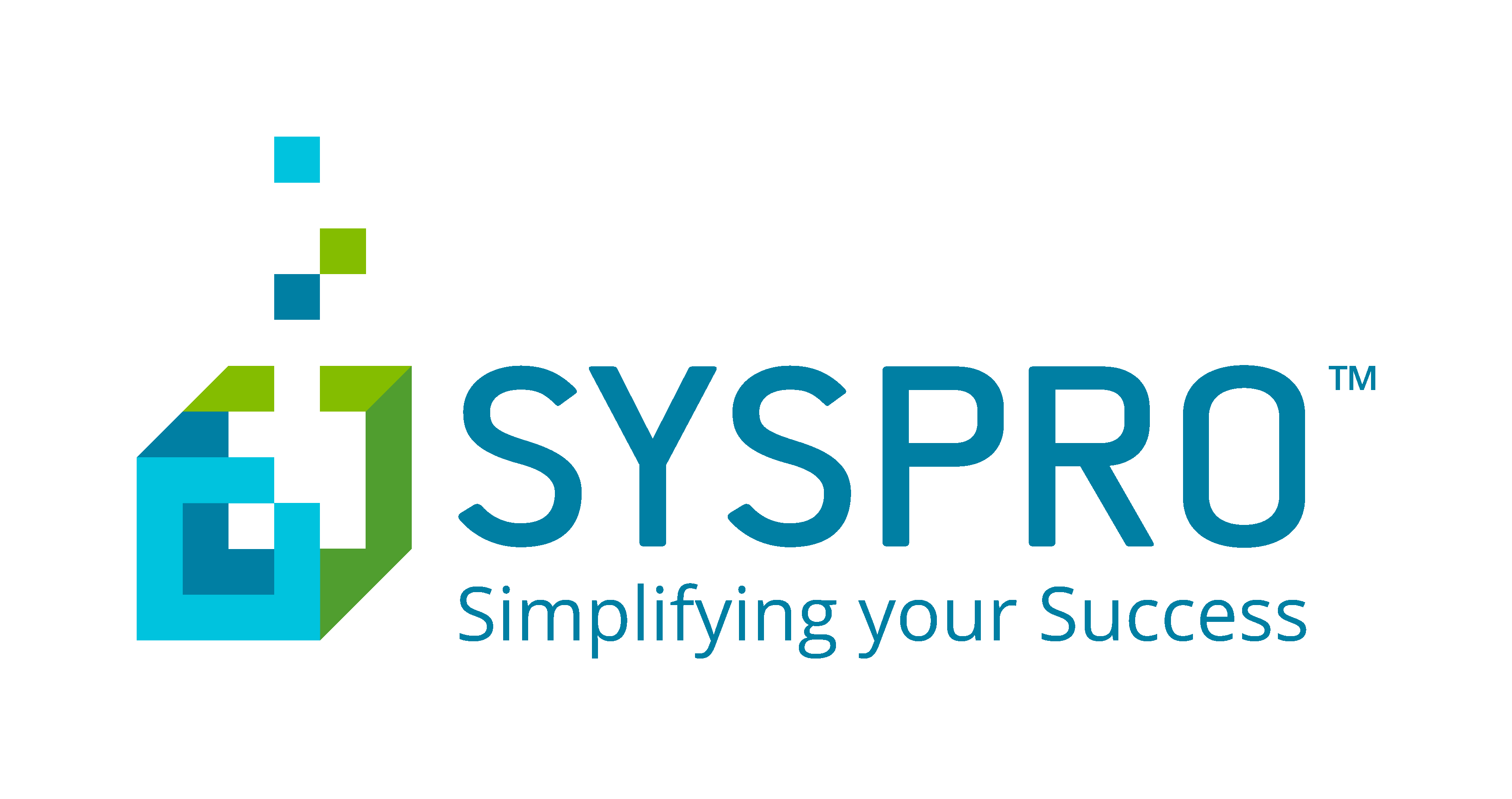
| Key strength | Business benefits |
|
|
SYSPRO is one of the most preferred healthcare ERP systems because of its focus on improving workflow within the organization, which is one of the most crucial needs of the healthcare companies. Unique features like CAD integration, electronic signature capture and detailed audit reports makes it one of the best healthcare ERP systems to choose from.
| Pros | Cons |
|
|
8. Deacom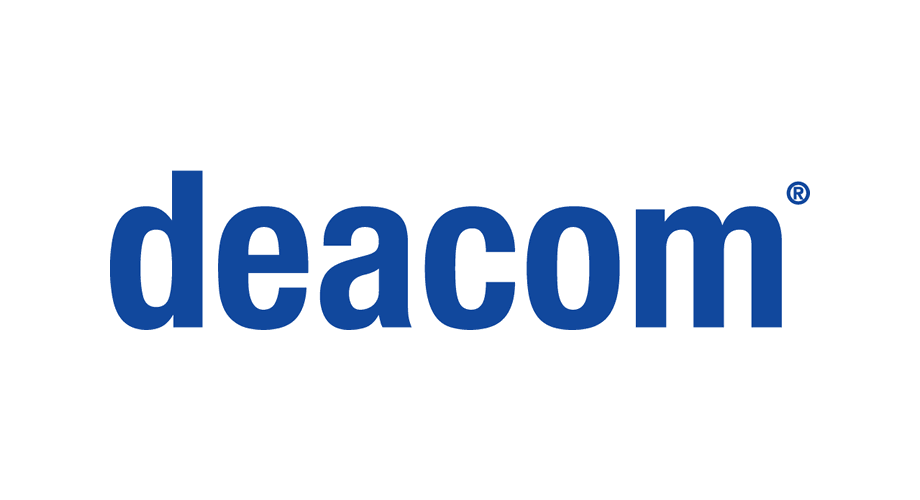
| Key strength | Business benefits |
|
|
Deacom is one of the most technically advanced healthcare ERP systems. It boasts a modern interface and an SQL database system, which makes it more reliable than the file-based database systems. The ERP system has capabilities of tracing and tracing accounting functions, which ensures secure financial activities. The company offers both on-premises and cloud-based systems, which makes it a suitable package for several companies.
| Pros | Cons |
|
|
7. Oracle Cloud ERP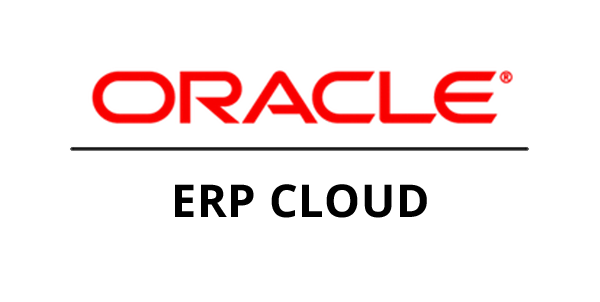
| Key strength | Business benefits |
|
|
Oracle Cloud ERP is one of the most eminent names in the ERP CRM market. The ERP system has been offering customizable, industry-specific solutions for a significant amount of time. This is one of the best healthcare ERP systems for large healthcare companies. Hence, it offers advanced solutions, which can easily help in automating the business processes of the healthcare companies.
| Pros | Cons |
|
|
6. Microsoft Dynamics 365
| Key strength | Business benefits |
|
|
Microsoft Dynamics 365 is one of the giants of the healthcare ERP systems market. The company targets large businesses with a huge customer base and offer streamlined solution for improving their business even more. The ERP system is integrated with MS CRM system, which makes it easy for the companies to manage their customer related data all within a single interface. The integration features offered by the system is unique and superior as it boasts a pre-integrated database layer. Thus, Microsoft Dynamics 365 is one of the best choices for healthcare businesses. Which requires enhanced customer management as patient management system, for error-free operations.
| Pros | Cons |
|
|
5. Epicor Kinetic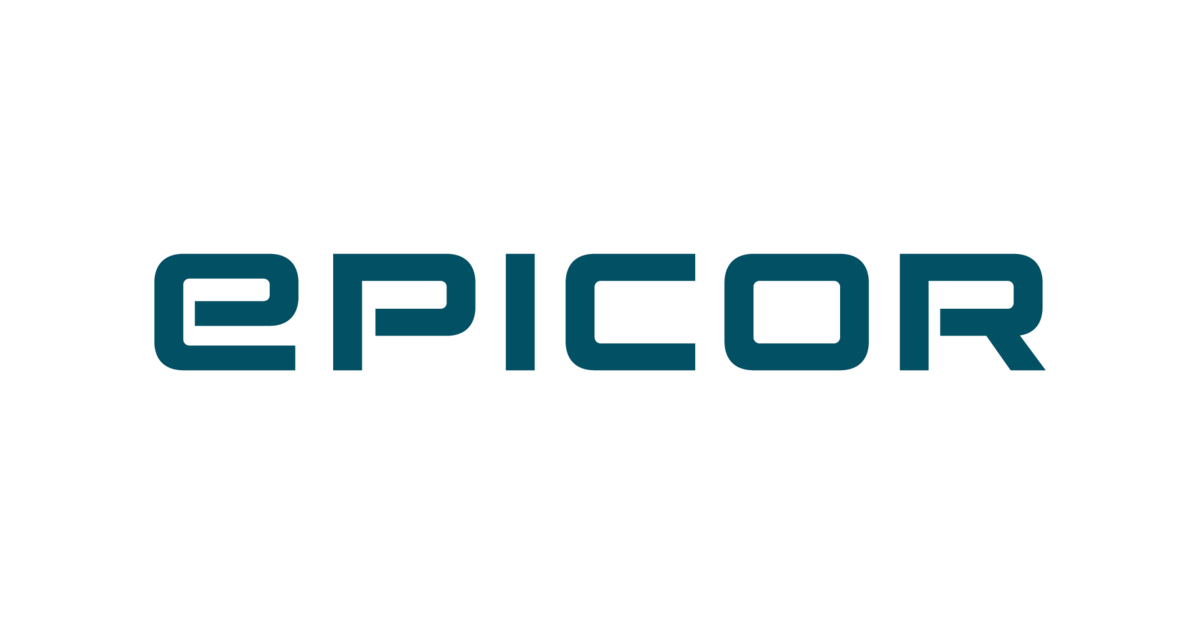
| Key strength | Business benefits |
|
|
Epicor Kinetic is one of the healthcare ERP systems to offer an advanced intuitive UX, which makes it one of the most preferred choices of the healthcare business owners. The software is capable of supporting complicated and complex cloud features. It is also capable of integrating with several third-party applications without showing many disruptions.
| Pros | Cons |
|
|
4. SAP S/4Hana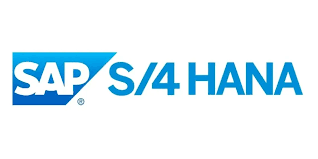
| Key strength | Business benefits |
|
|
SAP S/4Hana is one of the best choices in healthcare ERP systems for the companies which are looking for deep financial control features. Hence, it is one of the most preferred ERP solution by the large public healthcare organizations. It offers real-time analytics integration and machine-learning features to strengthen the overall performance of the company even more. With the help of this ERP system, it is easy to drive your company towards a better and more informative decision making process while generative responses for changing market atmosphere.
| Pros | Cons |
|
|
3. Infor CloudSuite Industrial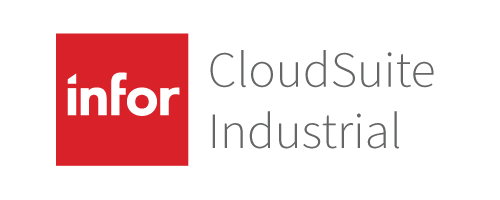
| Key strength | Business benefits |
|
|
Infor CloudSuite Industrial is certainly one of the best healthcare ERP systems to be available in the market. One of the most beneficial factors of this ERP solution is that it offers cloud, on-premises and hybrid deployment options, making itself one of the most flexible systems to choose. The modules can be customized to cater to the business needs of several industries. The sales and service transaction is another USP of this system, which can perform scheduling tasks including both internal and external resources.
| Pros | Cons |
|
|
2. QAD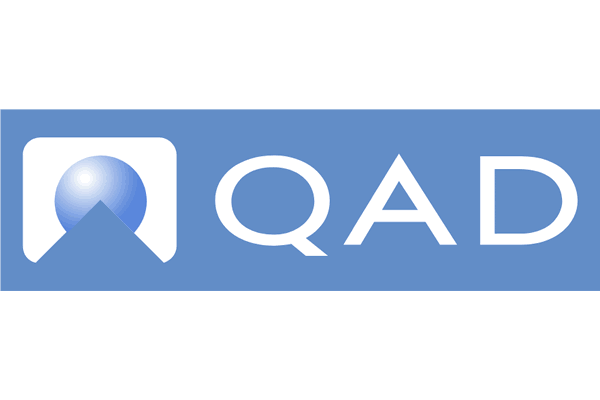
| Key strength | Business benefits |
|
|
QAD is known for its innovative design as well as flexibility, which also makes it one of the best healthcare ERP systems to be chosen by the healthcare companies. QAD ERP is available across various devices, which makes it flexible enough to access from anywhere. It has advanced access control, encryption and data policy, which makes it quite secure.
| Pros | Cons |
|
|
1. Sage X3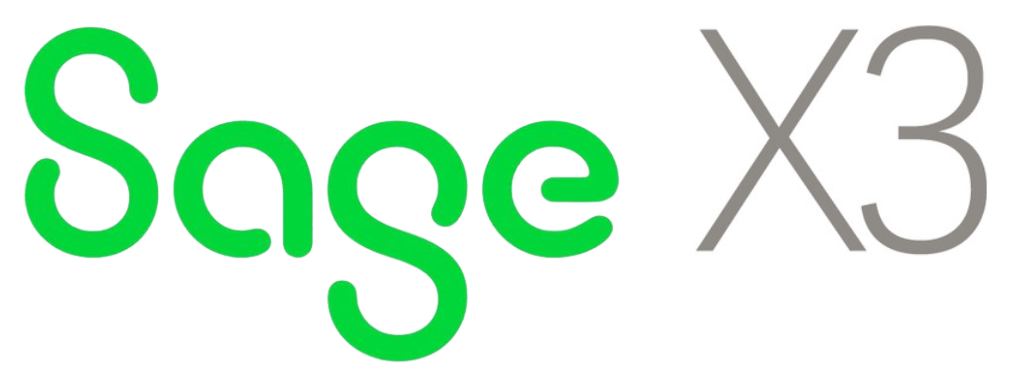
| Key strength | Business benefits |
|
|
Sage X3 is recognized as the best ERP system among all the healthcare ERP systems. The primary strength of this ERP lies in the process automation capability that it boasts. It is capable of leveraging several tasks within one interface and offer the best possible outcome. The multi-entity capability of the ERP is another of its most alluring features. The financial modules that this ERP drive towards secure and profitable financial transaction. Moreover, collaboration and communication tools are cherry on the top. Thus, if you are looking for healthcare ERP systems for your business to support, then Sage X3 can certainly be worth your investment.
| Pros | Cons |
|
|
Conclusion
At the end of this analysis, it can be stated that each of the healthcare ERP systems have their advantages and disadvantages. However, it is always better to make a comparison among your potential choices to find out which ERP solution can prove to be the best one for your company requirements. And to narrow down your list, you can compare the above-mentioned ERP systems to one another.
Article Comments
Similar Articles
Articles Search
Sponsor
There are zero sub-categories in this parent category.
There are zero sub-categories in this parent category.
There are zero sub-categories in this parent category.
















